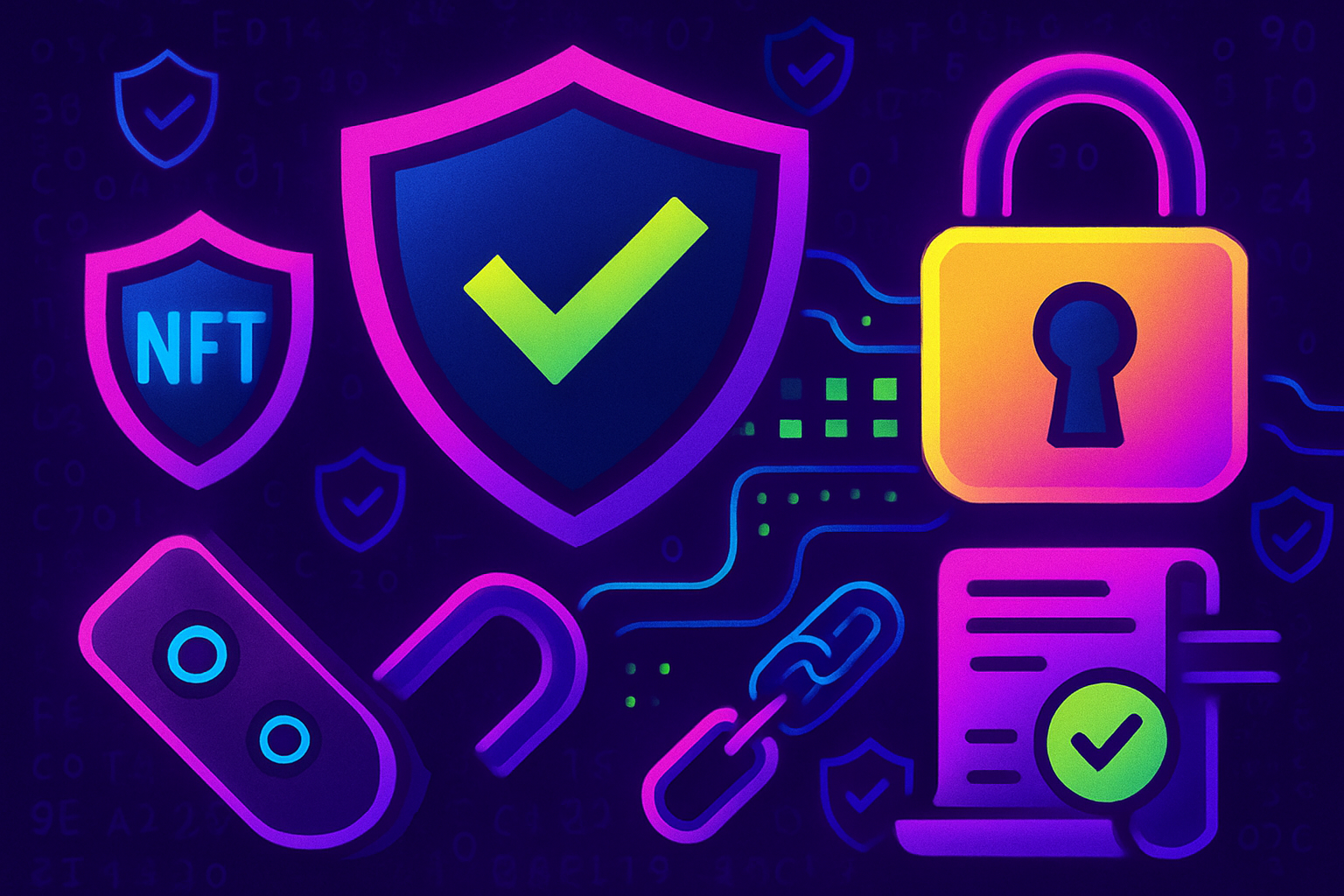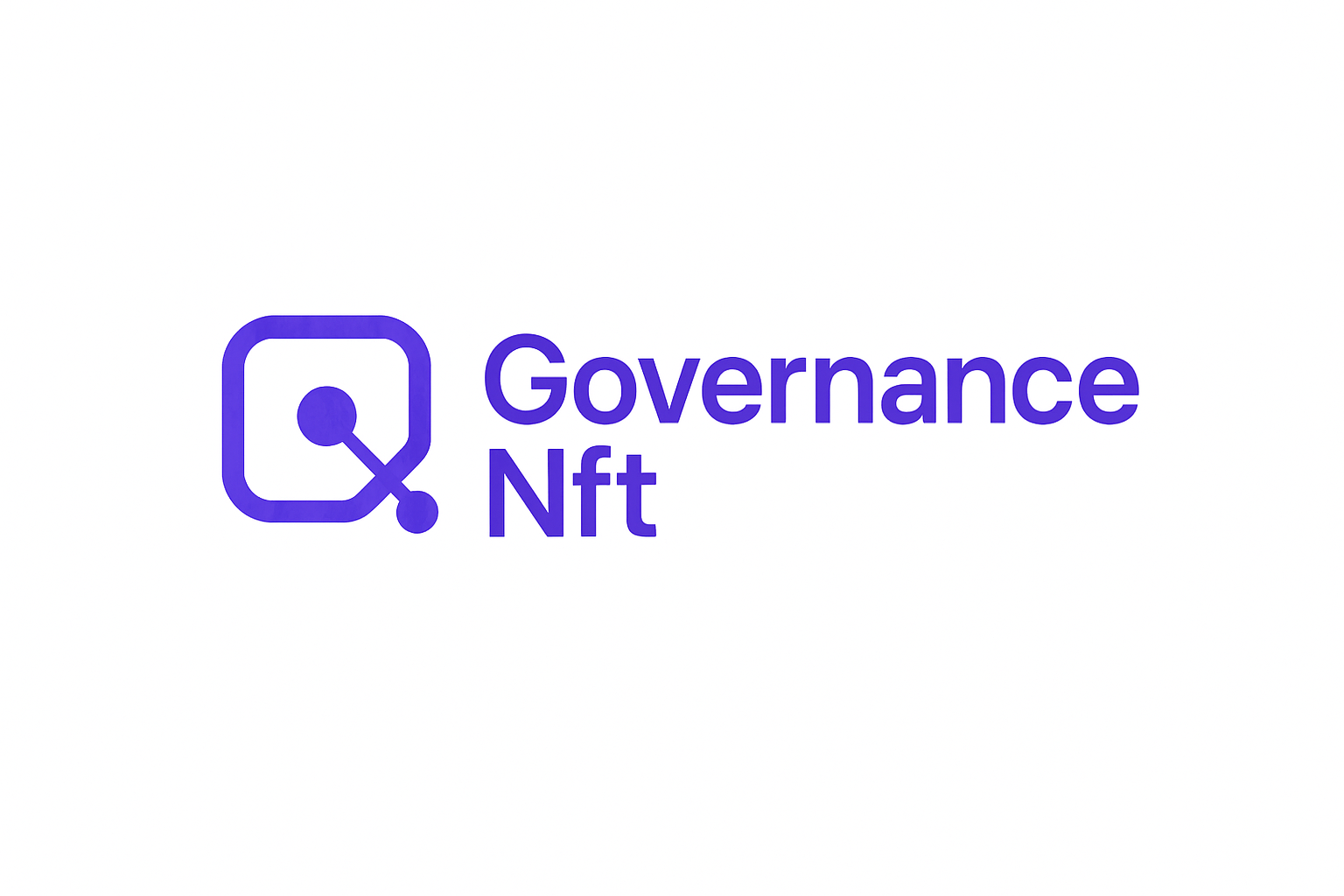
The landscape of DAO governance is undergoing a seismic shift in 2025. Reputation-based voting powered by NFT badges is quickly outpacing traditional token-weighted systems, introducing a new paradigm where verified contributions, not just wallet balances, drive decision-making. This evolution is not just technical; it’s philosophical, challenging the old guard of whale-driven control and putting meaningful participation front and center.

Why Token-Based Voting Is Losing Its Edge
For years, DAOs relied on token-weighted voting. The logic was simple: the more tokens you hold, the more say you have. But in practice, this model often concentrates power among whales, sidelining the very contributors who keep communities thriving. It’s a system ripe for manipulation, think vote buying, Sybil attacks, and disengaged governance.
As DAOs mature, it’s clear that aligning voting power with actual value creation matters more than ever. Enter reputation-based NFT badges: unique, non-transferable credentials that link voting rights to real achievements and roles within a DAO.
NFT Badges: The Building Blocks of Verifiable Reputation
NFT badges are not just digital trophies, they’re on-chain credentials. Each badge represents an auditable record of a member’s actions: shipped code, led working groups, organized events, or voted consistently. These credentials are immutable and visible to all members, building trust without relying on KYC or off-chain attestations.
This approach solves several pain points at once:
- Transparency: Every badge is tied to a specific contribution or milestone.
- Sybil resistance: Badges are non-transferable and earned through verifiable actions, no more gaming the system with sock puppets.
- Dynamic governance: Voting rights can be adjusted as members accumulate new badges or let old ones expire.
Real-World Examples: How DAOs Are Using NFT Voting Badges in 2025
The adoption curve is steepening fast. Leading platforms like EtherScore and Otterspace have rolled out robust badge frameworks:
- EtherScore: Over 120 unique badges reflecting cross-chain achievements and DApp engagement, these feed directly into users’ on-chain reputation scores.
- Otterspace: Non-transferable badges signal roles (like “Core Developer”) or completed milestones (“Top Contributor Q2 2025”), unlocking proposal access and weighted votes.
- DAOBase: Dynamic NFTs evolve as members participate, vote more, propose more, earn more influence.
This isn’t just theory, the data backs it up. According to recent reports from Governance NFT Badges, DAOs leveraging reputation-based voting have seen up to a 30% surge in proposal engagement compared to legacy models. For a deeper dive into these case studies and frameworks, check out our analysis on how governance NFT badges are transforming DAO participation in 2025.
The Technical Edge: ZK Proofs and Real-Time Auditability
The backbone of these systems? Advanced blockchain tech like layer-2 rollups (optimistic/ZK) ensures scalability without sacrificing speed or security. Zero-knowledge proofs enable private yet verifiable badge issuance, members can prove their eligibility without revealing sensitive data. Real-time auditability means every action linked to a badge can be traced back instantly for maximum transparency.
With these innovations, DAOs are moving beyond simple voting mechanics toward dynamic, Sybil-resistant governance. Instead of static rights tied to wallet balances, member authority can now evolve in real time. For example, a developer who ships a major upgrade might receive a “Protocol Architect” badge, instantly boosting their voting weight for technical proposals. Meanwhile, badges can expire or be revoked if a member becomes inactive or violates DAO principles, keeping governance nimble and accountable.
Crucially, these systems are interoperable across the Web3 ecosystem. NFT badges issued by one DAO can be recognized by partner communities or DeFi protocols, enabling cross-DAO collaboration and composable reputation. This opens up new frontiers for decentralized identity: your on-chain track record travels with you, unlocking opportunities and influence wherever you participate.
Practical Steps: How to Launch Reputation-Based Voting in Your DAO
If your DAO is ready to ditch outdated token-based models, here’s how to get started with verifiable NFT credentials:
- Define Contribution Metrics: Identify what actions matter most, code commits, proposal authorship, community moderation, and map them to badge criteria.
- Select a Badge Protocol: Platforms like Otterspace and EtherScore offer turnkey solutions for issuing non-transferable badges with built-in verification.
- Integrate With Governance Tools: Connect your badge system to voting platforms (e. g. , Snapshot) so reputation directly translates into proposal access or vote weight.
- Communicate Transparently: Make badge requirements public and auditable. Foster a culture where members know exactly how their efforts translate into influence.
This shift isn’t just about tech, it’s about culture. When members see that their work earns lasting recognition and meaningful voice in governance, participation skyrockets. The result? More engaged communities and outcomes that truly reflect collective expertise.
Looking Ahead: The Future of Reputation Systems in DAOs
The momentum behind reputation-based voting DAOs is unstoppable. As zero-knowledge proofs mature and standards for verifiable NFT credentials solidify, expect even more granular control over voting rights, think skill-based badges that grant domain-specific authority or cross-chain reputations that unlock privileges in multiple ecosystems.
The benefits are tangible: less voter apathy, higher proposal quality, reduced manipulation risk. Most importantly, DAOs become meritocracies where the best ideas rise on the strength of proven contributors, not just deep pockets.

If you’re building or participating in a DAO today, now’s the time to embrace this evolution. Explore tools like Governance NFT Badges to streamline issuance and verification, or see how leading projects are using these systems to supercharge transparency at this resource.
The age of static tokenocracy is fading fast. In its place: dynamic communities where every vote is earned, and every contributor can prove it on-chain.






